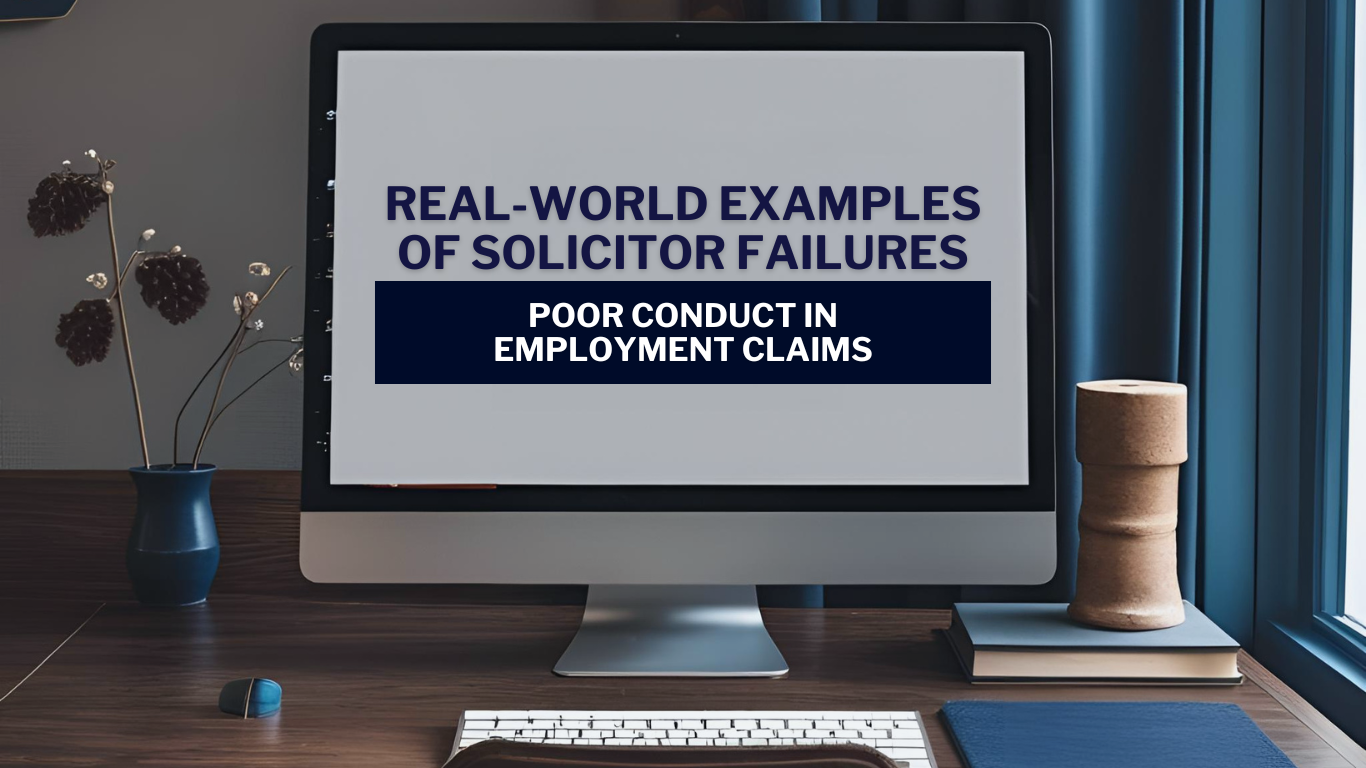By Robert Fornalski
•
min read


Under the new legislation, the Registrar of Companies has powers to impose direct financial penalties if it is satisfied (beyond a reasonable doubt) that a person has engaged in conduct amounting to “a relevant offence” under the Companies Act 2006 (CA 2006). The definition of “relevant offence” is very broad, covering all offences under the CA 2006 with a few exceptions (relating to company secretaries, resolutions and meetings, and audit).
For clarity, Companies House has also recently published a Guidance Note explaining how they will use their enforcement powers to issue financial penalties.
Filing obligations
The regime covers the filing of key documents such as:
Enforcement procedure
Companies House will issue a warning notice if it suspects that a person is liable for a financial penalty.
The warning notice will provide:
The person subject to the warning notice will also be informed of the option to make a written representation about their conduct.
There will be no financial penalty if the action required by Companies House is taken by the addressee of the warning notice within the specified period.
Amount and rate of penalty
Companies House has the discretion to issue a fixed penalty, a daily rate penalty or a mixture of both, depending on how long the offender has been in breach. The financial penalties are calculated based on the seriousness of the offence and whether it is the first, second or third offence of the same type.
The updated penalty system for late filings with Companies House created a shift towards stricter enforcement. Businesses should be aware of these changes and ensure that they comply with filing deadlines to avoid the financial risk of being penalised.
If you have any concerns about whether your business has complied with the relevant provisions of the CA 2006, please contact a member of our Corporate & Commercial Department.
Get in touch